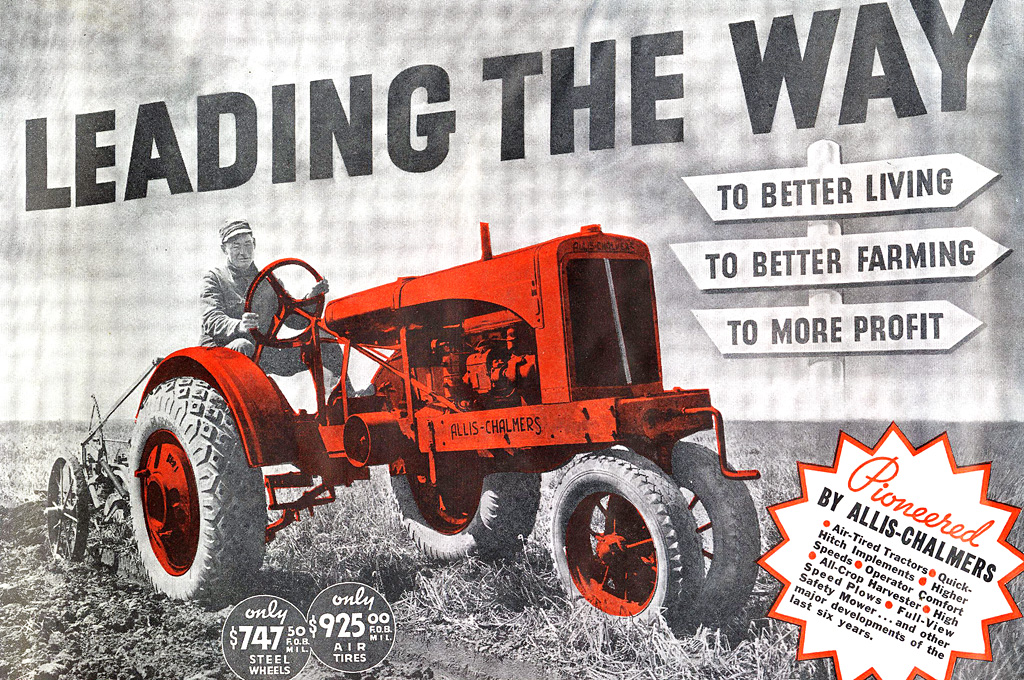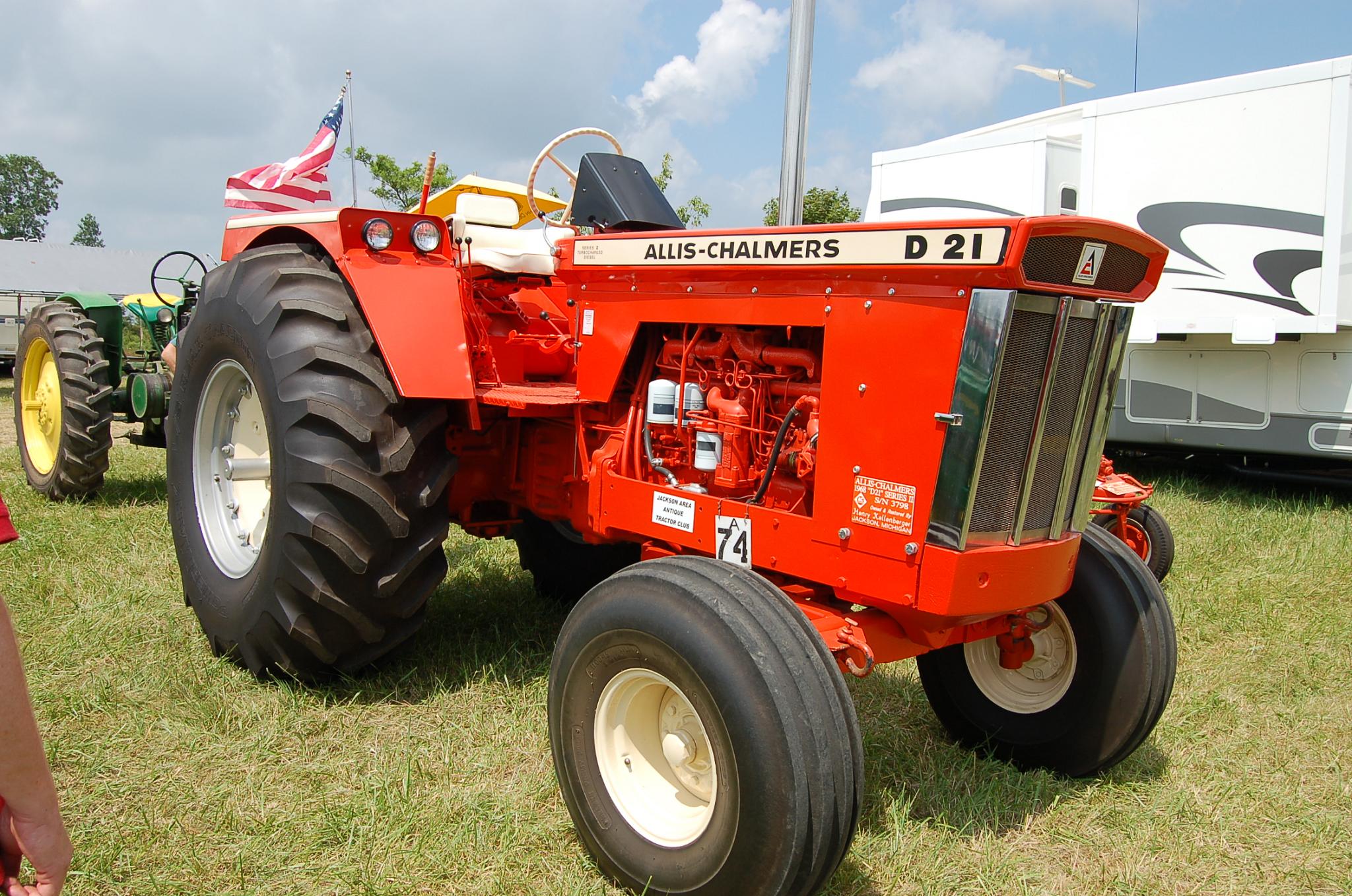Allis-Chalmers holds a special place in American agricultural history. For decades, it stood as one of the most innovative and recognizable tractor manufacturers in the United States. Although the company no longer exists in its original form, its tractors remain prized by collectors and hobby farmers who appreciate their character, engineering, and unmistakable orange paint.
Early Beginnings and Rapid Growth
The story of Allis-Chalmers began in the mid-nineteenth century with Edward P. Allis, who operated a large Milwaukee-based foundry that produced industrial equipment. The company grew steadily and soon merged with the Fraser and Chalmers firm, which specialized in steam engines and mining equipment. The combined operation became Allis-Chalmers and quickly expanded across multiple sectors of American industry.
Its move into agricultural machinery during the early twentieth century marked a new direction. As farmers modernized their operations, Allis-Chalmers recognized the need for durable, affordable, and efficient tractors. The company responded with a growing lineup of machines that became known for quality, ease of use, and forward-thinking design.
What Set Allis-Chalmers Tractors Apart
By the 1930s and 1940s, Allis-Chalmers had become a dominant force on American farms. One factor behind the rise was the company’s willingness to innovate. The Allis-Chalmers Model U, for example, was one of the first tractors widely used for early forms of rubber tires on farm equipment instead of steel lugs. This made tractors far more comfortable to operate and significantly improved transport speed between fields.

Another milestone was the introduction of the Allis-Chalmers Model WC. It gave farmers a dependable row crop tractor that was both affordable and practical. The WC’s quick-hitch system allowed implements to be attached with less effort, at a time when most companies still relied on cumbersome drawbar setups. Later models, such as the WD and the popular WD45, continued to refine power and operator comfort, becoming icons of mid-century agriculture.
Powerful engines, simple maintenance, innovative hydraulics, and the trademark Persian Orange paint created machines that farmers trusted to work hard in every season.
Why the Company Declined
Despite its success, Allis-Chalmers faced increasing pressure during the 1960s and 1970s. Intense competition from John Deere, International Harvester, and the rising strength of Massey Ferguson strained market share. The company also stretched itself across too many industries, from construction equipment to power generation. As costs rose and agricultural markets fluctuated, Allis-Chalmers struggled to keep its equipment division profitable.
The farm crisis of the early 1980s delivered a final blow. Falling commodity prices, high interest rates, and reduced demand for new equipment created financial challenges for nearly every manufacturer, but Allis-Chalmers was already weakened. Eventually, the agricultural division was sold to Deutz in 1985, forming Deutz-Allis, which later evolved into AGCO. With that change, the Allis-Chalmers brand quietly faded from the farm equipment market.
Why Collectors Still Value Allis-Chalmers Today
Although the company is gone, its legacy remains strong. Collectors and hobby farmers continue to admire Allis-Chalmers tractors for their dependability, their distinctive styling, and their role in transforming mid-century farming. Many of the models built in the 1940s, 1950s, and 1960s are still running today, which says a great deal about the durability of the engineering.
Beyond utility, Allis-Chalmers carries a nostalgic appeal. Families who grew up with orange tractors on the farm often seek them out as restoration projects. Tractor shows across the country regularly feature meticulously restored WD45s, D17s, and Model B tractors. The brand’s legacy also lives on through AGCO, which traces part of its heritage to the old Allis-Chalmers line.
A Brand That Remains Close to the Heart
Allis-Chalmers shaped American agriculture in ways that continue to be remembered and celebrated. From innovative designs to dependable field performance, the company helped farmers work more efficiently during a pivotal era of modernization. While the brand is no longer on new dealership lots, its tractors remain a symbol of a hardworking generation. For collectors and enthusiasts, Allis-Chalmers represents more than machinery. It represents history, craftsmanship, and a bright shade of orange that will always stand out on the show grounds.




Leave a Reply